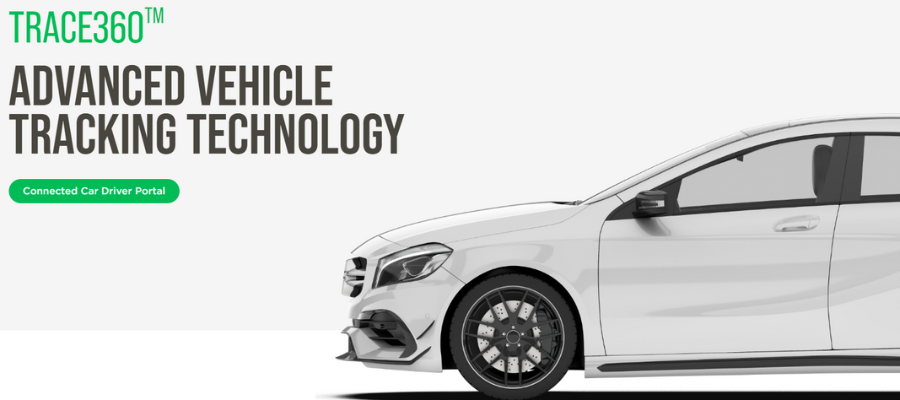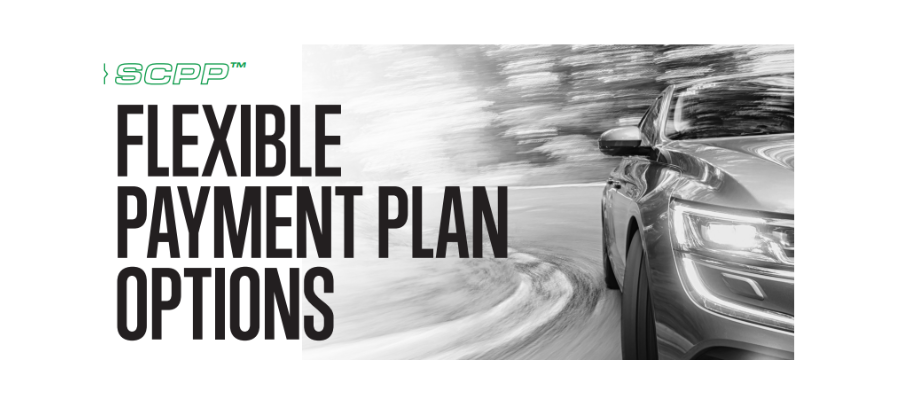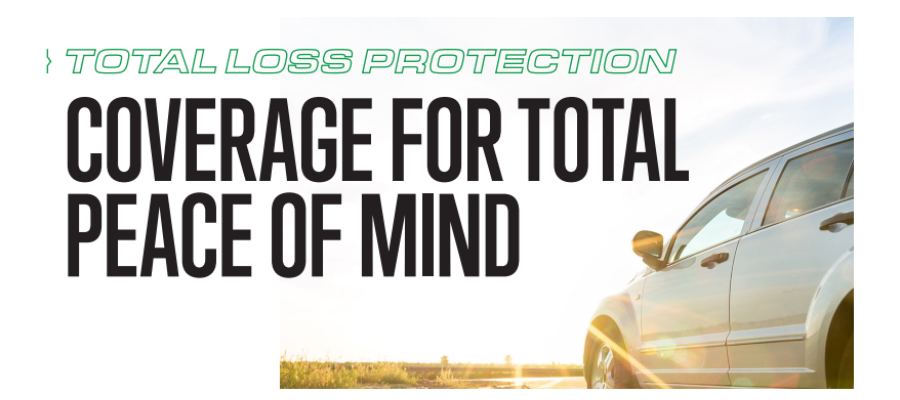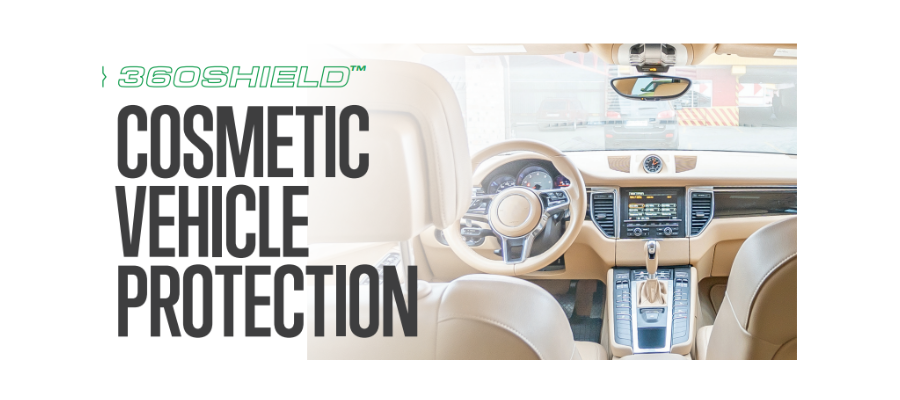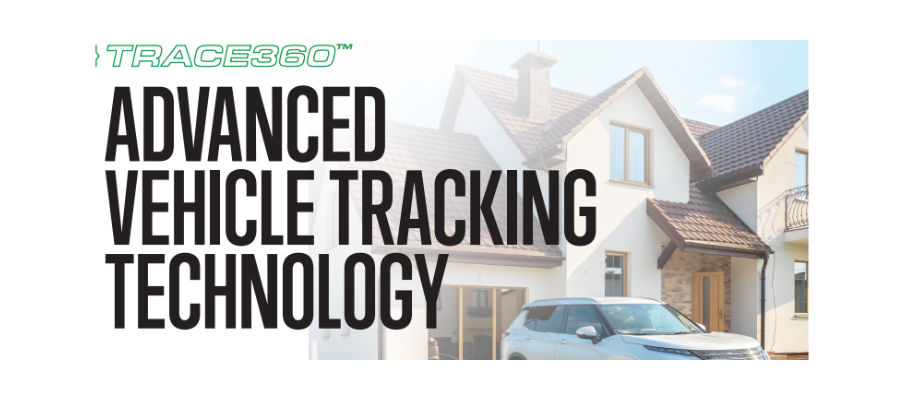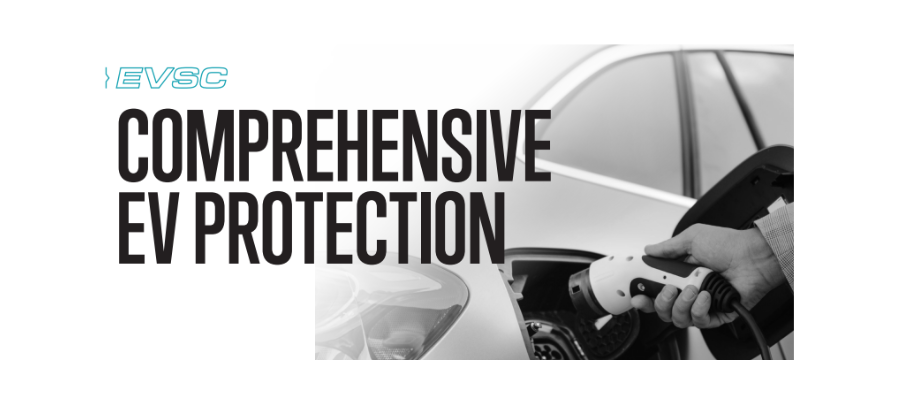By Michael LaMotta, founder of DOWC
In times of crisis, access to capital is essential. Businesses in every industry are struggling. How would your dealership stay afloat? Auto dealers have far more to be concerned with than just vehicle sales.
Many dealers have been accumulating cash in reinsurance companies for many years. Some dealers viewed these funds as annuities they would access later in life, most likely post-retirement. What if you needed your money now? Would it be there? Could you access it at an extreme time of need?
Sadly, some dealers are learning that not only were they operating without complete control of their own underwriting and investment decisions, but they also do not have access to their underwriting profits. A painful discovery at any time, but especially when they need access to their own capital the most.
There are several participation options for dealers to consider: dealer obligor, reinsurance, profit share, guaranteed profit share, as well as a DOWCReTM or a DOWC (dealer owned warranty company). It can be overwhelming, so it is often easier to focus on selling cars and just keeping the F&I structure status quo. For a dealer, what is most important is understanding which structure best fits the needs of their business, in their state.
Familiarity with federal tax changes affecting the industry affords dealers the opportunity to make informed decisions about participation in the F&I segment of the business. The Federal Tax Cuts and Jobs Act (TCJA), for example, ushered in significant changes which prompted many car dealers to consider the formation of a domestic c-corporation (a dealer owned warranty company) as a means of shifting away from the uncertain future tax implications of operating as a non-controlled foreign corporation (NCFC), and insulating themselves from the mandated disclosures required by owners of controlled foreign corporations (CFC) who make the 831(b) election. The tax structure and benefits of a dealer owned warranty company effectively meet the wealth building needs of dealers while satisfying regulatory compliance concerns.
In addition to the various federal laws that govern the sale of F&I products, most products are also subject to specific statutes in each state, which means that a structure that may be most beneficial in Maryland, may not even be allowable by law in Virginia. An experienced team who knows the auto business and stays current on not only the national, but also the local regulatory landscape is well positioned to help form the structure that best fits a dealer’s needs and safeguard their capital. It is vital for dealers to partner with a trusted administrator who has knowledgeable legal and tax departments to ensure the most prudent and effective administration as allowable by law, and protect the benefits achieved through that structure.
One size does not fit all in today’s F&I marketplace, and customizable products have proven to be superior to the cookie-cutter offerings of decades gone by. Dealers need control of their investments, and access to their cash as permitted by state regulations, to insulate themselves from an economic downturn.
An F&I partner who delivers a comprehensive understanding of a dealer’s business needs and the current regulatory landscape can provide a structure that means the difference between making money and building wealth. And when the economy is in dire straits, access to their own capital may provide the lifeline a dealer needs to keep from drowning.




